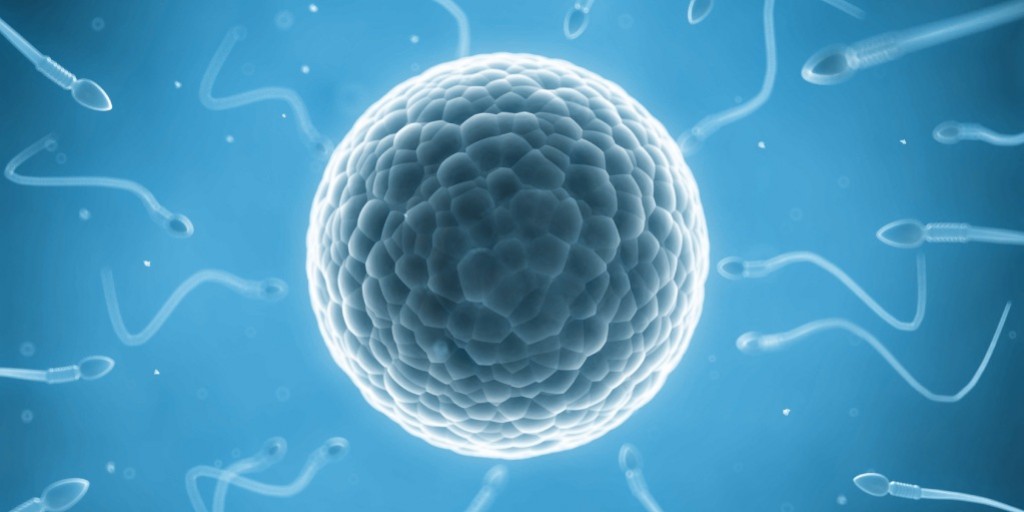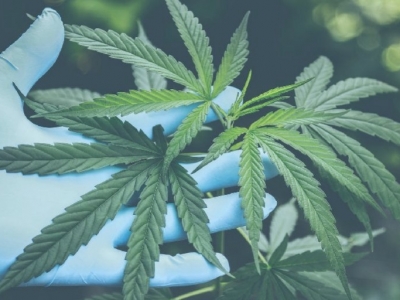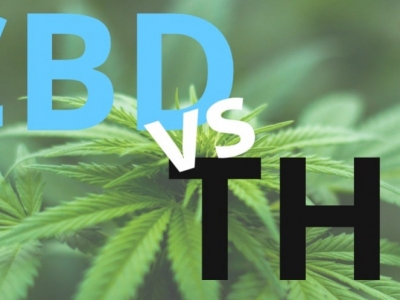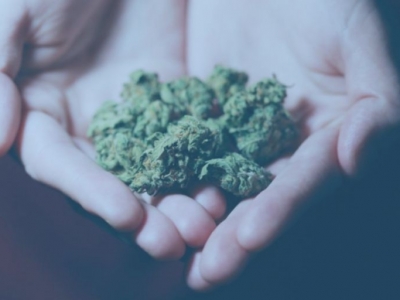Many people have the goal of starting a family but nevertheless, this experience that could become very exciting can generate frustrations, due to the inability to conceive. According to the Center for Disease Control and Prevention, at least 10% of the female population between 15 and 44 years of age (of childbearing age) has fertility problems, that is, more than 6.1 million women worldwide.
However, infertility not only affects the female sex, but this problem is usually divided into 35% for causes that affect men, 35% for causes that affect women, and 20% for causes that affect both parts and 10% for unknown cause.
Taking into account that human beings have always taken natural help to improve their fertility (herbal medicine, posturology, natural remedies ...), we will explain if CBD could help improve it and why.
Studies on the effect of CBD and THC on fertility
Marijuana has always been considered a harmful substance in regard to fertility, however, it should be noted that the main damaging component of this is THC, which according to studies, is the culprit of many of the negative effects that are granted.
The Endocannabinoid System (SEC) is a network of mammalian receptors that participates in brain connections, regulates humor and participates in functions of the endocrine, immune and even reproductive systems, since it controls not only the organs, but also the hormones sexual.
THC is very compatible with SEC, so it can affect chemoreceptors but also the factors on which the processes depend. THC, for example, has these effects on fertility:
- Produces less quantity and quality of sperm.
- Increases erectile dysfunction (the muscles of the penis have a large number of THC receptors that can affect large amounts).
- Slow down reactions.
- Produces resistance to dopamine (the hormone that produces erections).
- In women it can delay the menstrual cycle and decrease the amount of estrogen.
- It can increase the risk of miscarriage by affecting the implantation of the fetus, as well as ovulation and embryonic development. It can also cause low weight or incomplete fetal development.
In 1979 a study was carried out in rodents in which it was identified that the THC component produced several mutations, while the CBD did not produce more changes than those found in the control group.
Studies on CBD are still scarce, due to its relationship until recently with THC, however, the results are encouraging.
CBD and fertility
As is known, infertility does not always have a basis of physical pathology, but is sometimes conditioned by cases of stress, anxiety, or lack of sleep.
CBD is known to have recognized properties to improve mood, reduce anxiety and stress, as well as anti-inflammatory and analgesic capacity (which can help improve contractions and nausea).
CBD acts on the homeostasis of the body, as it helps it to recover, stimulating the SEC.
There are indications that, like other components of marijuana, it increases arousal and sexual desire, although, in this case too, it improves ovarian functions and the implementation of the embryo and its development.
In the case of male fertility, CBD plays a fundamental role in the reproduction process that generates the acrosomic reaction, in which when the GPR 18 receptor of the sperm is activated, the cap of his head is degraded, allowing it to enter in the ovum more easily.














































